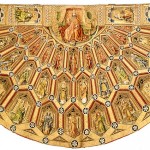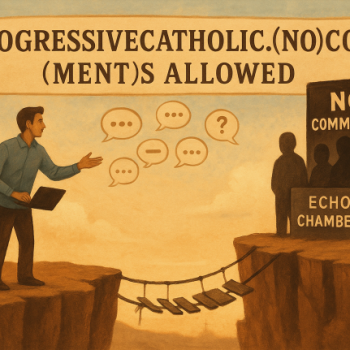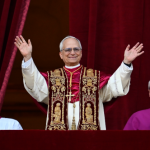I am writing a series of columns on Catholic social doctrine. Here’s all of them. – In my previous column, I argued that in formulating its social doctrine, the Church should focus on two main modes of action : on the one hand, a relentless empiricism and, on the other, a prophetic voice. The empiricism is the product of the Church’s Tradition, which sees man’s rational nature as part of its Divine image, and God’s law inscribed in His good creation,... Read more




















